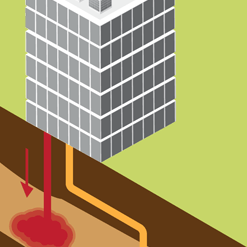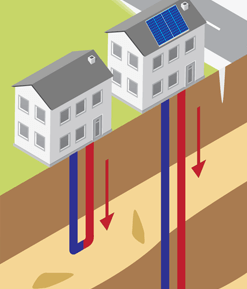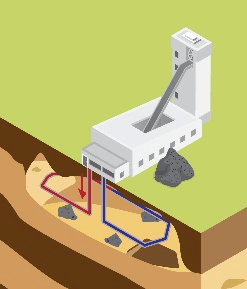Piloting Underground Storage of Heat In geoThermal reservoirs

Delft • Darmstadt • Bochum • Berlin • Litoměřice • United Downs
PUSH-IT is an European Union funded project aiming to demonstrate the full-scale application of high temperature heat storage in geothermal reservoirs using three different technologies at six different sites.
The project seeks to reduce the environmental impact and improve performance and robustness of heat systems through the development and demonstration of enabling technologies and engagement with key stakeholders.

Why PUSH-IT?
The EU aims to have a net-zero greenhouse gas (GHG) economy by 2050. At the moment, heating and cooling represent around 50% of the final energy demand in Europe. Large scale seasonal heat storage is a key strategy to decarbonize heating in order to achieve EU ambitions, because sustainable sources like geothermal and solar provide a lot of heat in summer, while we need it in winter. The PUSH-IT consortium received the Horizon Europe grant to demonstrate and develop such heat storage systems.
PUSH-IT will tackle three main challenges:
· Optimal system integration & control
· Social engagement, societal benefits, and risks and regulations
· Enabling technologies


The technologies

Aquifer Thermal Energy Storage (ATES)
is the storage and recovery of thermal energy in aquifers, which are permeable layers that contain groundwater.

Borehole Thermal Energy Storage (BTES)
is a large, underground heat exchanger. A BTES system consists of a set of tubes installed in the underground, placed vertically in a borehole.

Mine Thermal Energy Storage (MTES)
uses the groundwater present in abandoned mines as a carrier for transporting heat.
The pilots

Pilot 1
Delft (NL)
ATES
Pilot 2
Darmstad (DE)
BTES
Pilot 3
Bochum (DE)
MTES
Pilot 4
Berlin (DE)
ATES
Pilot 5
Litoměřice (CZ)
BTES
Pilot 6
United Downs (GB)
MTES
The PUSH-IT consortium has 19 partners and is an interdisciplinary collaboration between heat suppliers, well drillers, public planning offices and academic partners. The four-year project started in January 2023 and is coordinated by Delft University of Technology.

